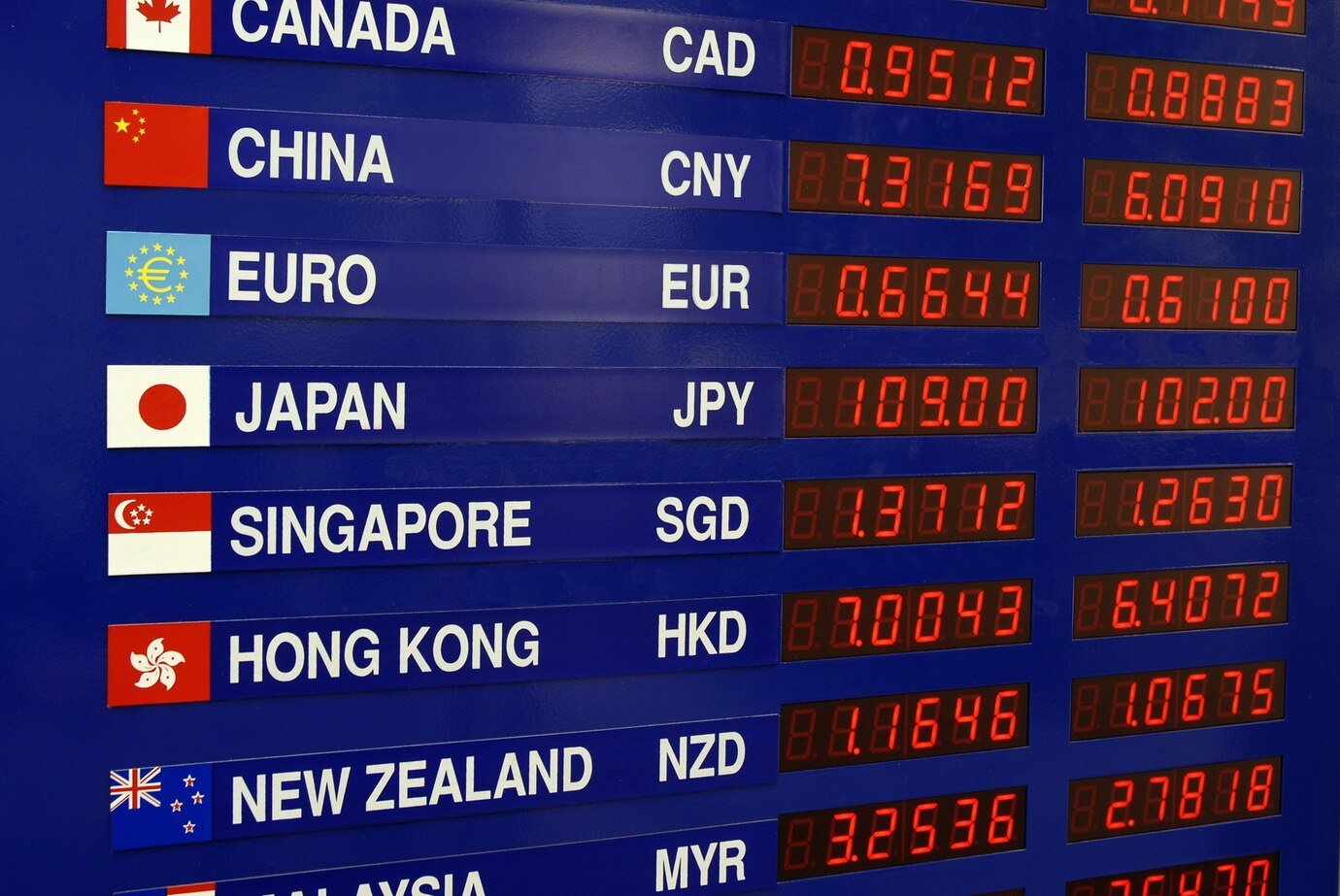
What Traders Should Know About India’s Forex Regulations
India’s forex market has undergone significant transformations in recent years, making it an increasingly attractive destination for both domestic and international traders. However, navigating the complex landscape of forex regulations in India is crucial for traders to operate within the law and protect their investments. This blog aims to provide an overview of India’s forex regulations, key authorities involved, and essential considerations for traders.
1. Understanding Forex Regulations in India
Forex trading in India is regulated primarily by the Reserve Bank of India (RBI) and the Securities and Exchange Board of India (SEBI). These regulatory bodies oversee different aspects of the forex market, ensuring that trading practices are transparent and in compliance with national laws.
- Reserve Bank of India (RBI): As the central bank, the RBI is responsible for managing the country’s foreign exchange reserves and regulating forex markets. It establishes policies and guidelines to control the flow of foreign currency and ensure the stability of the Indian Rupee (INR).
- Securities and Exchange Board of India (SEBI): SEBI is tasked with regulating the securities market, including forex derivatives and futures. It aims to protect investors’ interests and promote fair practices within the financial markets.
2. Types of Forex Trading Permitted in India
In India, forex trading is primarily divided into two categories: currency trading and forex derivatives trading. Each has its own set of regulations:
- Currency Trading: Indian residents are allowed to trade in currency pairs that involve the Indian Rupee (INR). These pairs include INR against major currencies like the US Dollar (USD), Euro (EUR), and British Pound (GBP). Currency trading can be conducted through authorized banks and financial institutions.
- Forex Derivatives Trading: SEBI regulates forex derivatives trading, allowing traders to enter contracts based on the future price movements of currencies. However, these contracts must be settled in cash, and only certain currency pairs are permitted for trading.
3. Forex Brokers and Licensing
Not all forex brokers are allowed to operate in India. To ensure compliance and security, traders should choose brokers that are licensed and regulated by the appropriate authorities. Here are key points to consider:
- Registered Brokers: Only brokers registered with the RBI or SEBI are permitted to offer forex trading services. This ensures that they adhere to the regulations and provide a secure trading environment.
- Types of Accounts: Forex brokers in India typically offer two types of accounts: trading accounts for currency trading and derivative accounts for trading forex futures and options. Traders should select an account type that suits their trading strategy and needs.
4. Limits on Forex Trading
Forex trading in India is subject to specific limitations imposed by the RBI. These restrictions are designed to manage currency fluctuations and protect the economy:
- Investment Limits: Indian residents are allowed to invest a limited amount in foreign currency under the Liberalized Remittance Scheme (LRS). As of now, the limit is set at USD 250,000 per financial year for various purposes, including forex trading.
- Prohibition of Certain Activities: Indian traders are prohibited from participating in forex trading activities that involve leverage beyond what is prescribed by the RBI. This is to mitigate the risks associated with high leverage trading.
5. Tax Implications for Forex Traders
Forex trading in India is subject to taxation under the Income Tax Act. Here are key considerations for traders:
- Income Classification: Profits from forex trading are classified as business income or capital gains, depending on the nature of trading activities. Regular traders may categorize their income as business income, while occasional traders may treat it as capital gains.
- Tax Rates: Business income is taxed as per the applicable income tax slab rates, whereas capital gains are taxed differently based on the holding period. Short-term capital gains (for assets held for less than 36 months) are taxed at 15%, while long-term capital gains (for assets held for more than 36 months) are taxed at 20% with indexation benefits.
- Tax Returns: Traders are required to report their forex trading income in their income tax returns and comply with tax regulations to avoid penalties.
6. Stay Updated on Regulatory Changes
The forex market is continuously evolving, and regulations may change over time. Traders should stay informed about any updates to forex regulations in India to ensure compliance. Here are some tips:
- Follow Official Announcements: Keep an eye on announcements from the RBI and SEBI regarding changes in regulations, trading limits, and new initiatives.
- Engage with Trading Communities: Join online forums, social media groups, or local trading communities to share information and stay updated on regulatory changes and market trends.
Conclusion
Forex trading in India offers exciting opportunities for traders but requires adherence to specific regulations to ensure compliance and protect investments. By understanding the regulatory landscape, selecting licensed brokers, and staying informed about trading limits and tax implications, traders can navigate the forex market effectively.
Whether you’re a seasoned trader or just starting, being aware of India’s forex regulations will empower you to make informed decisions and maximize your trading potential. As always, conduct thorough research and consider seeking professional advice if needed to ensure a successful trading experience in India’s dynamic forex market.


